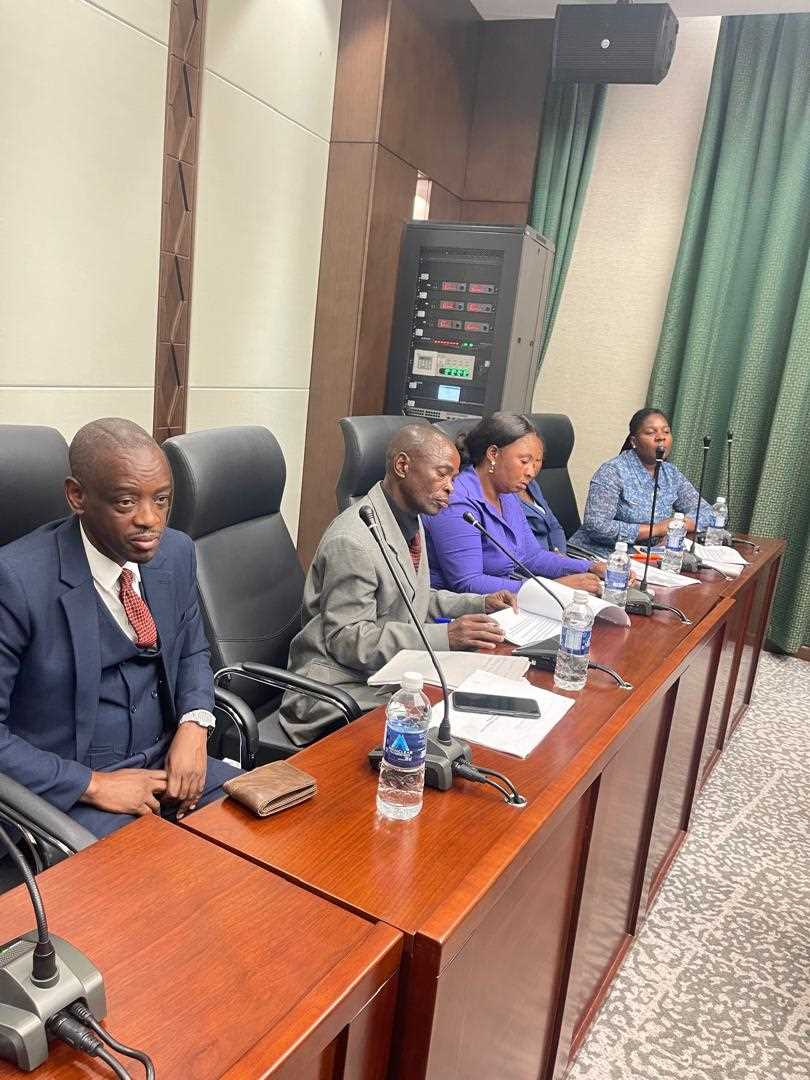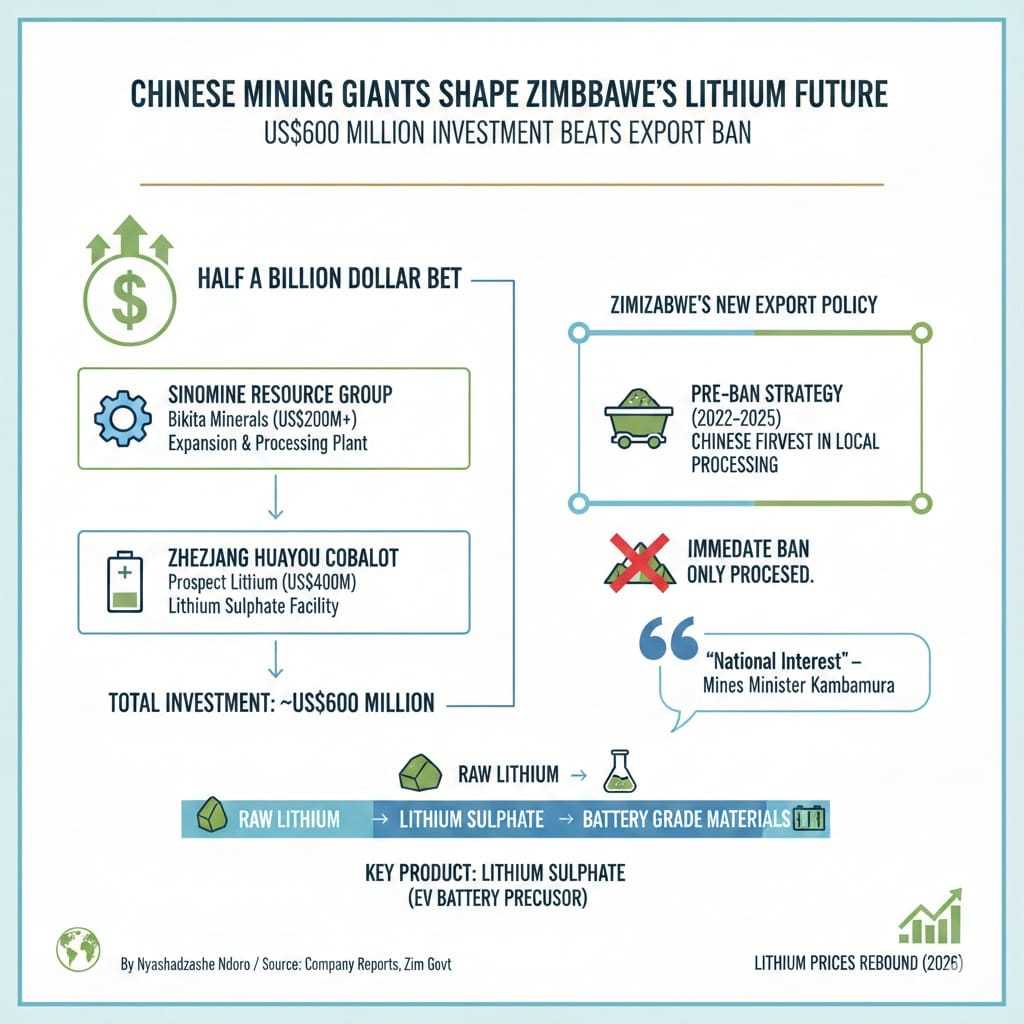
The Zimbabwe Diamonds and Allied Minerals Workers Union has raised concern over the use of special grants by some mining investors, warning that these are being exploited to undermine workers’ rights and sidestep provisions of the Labour Act.
The Labour Act [Chapter 28:01] governs employment relations and outlines the rights and duties of employers and employees, including fair labour practices, employment contracts, working conditions, wages and benefits, trade union rights, and dispute resolution.
It seeks to protect both employer and employee rights in a fair and lawful framework.
Speaking on the sidelines of a two-day training on business and human rights due diligence, ZIDAMWU Secretary General Justice Chinhema said their leadership and participants came to a clear understanding that they have the power and responsibility to confront the issues affecting mine workers across the country.
“We strongly believe that mining or any investment in this country should not have special grant status, because the Labour Act is very clear. Section 2 states that the Act is founded on fairness, justice, and transparency.
Related Stories
“Therefore, in labour matters, the Labour Act must prevail. Any law that contradicts the Labour Act should not apply. Whether it is a special grant or a special economic zone, the Labour Act must take precedence,” Chinhema said.
He added that some investors granted special grants and special economic zone status attempt to bypass Zimbabwe’s labour laws, but the union is working tirelessly to ensure compliance.
“Workers have rights to fair wages, and the minimum wage is stipulated by law. Our National Employment Council sets the minimum wage, which applies to all companies and investors in the mining industry. Any employer unable to pay NEC rates must apply for exemption, giving reasons for the request,” he said.
Zororo Nkomo, a business and human rights consultant, urged authorities to take firm action to safeguard workers and communities from exploitation.
“In Zimbabwe, we are seeing a serious problem in the extractive industry, with an upsurge in human rights violations by mining companies.
"According to 2018 statistics from the Zimbabwe Human Rights Commission, 40% of recorded human rights violations were committed by mining companies. This is a worrying trend,” Nkomo said.


















Leave Comments